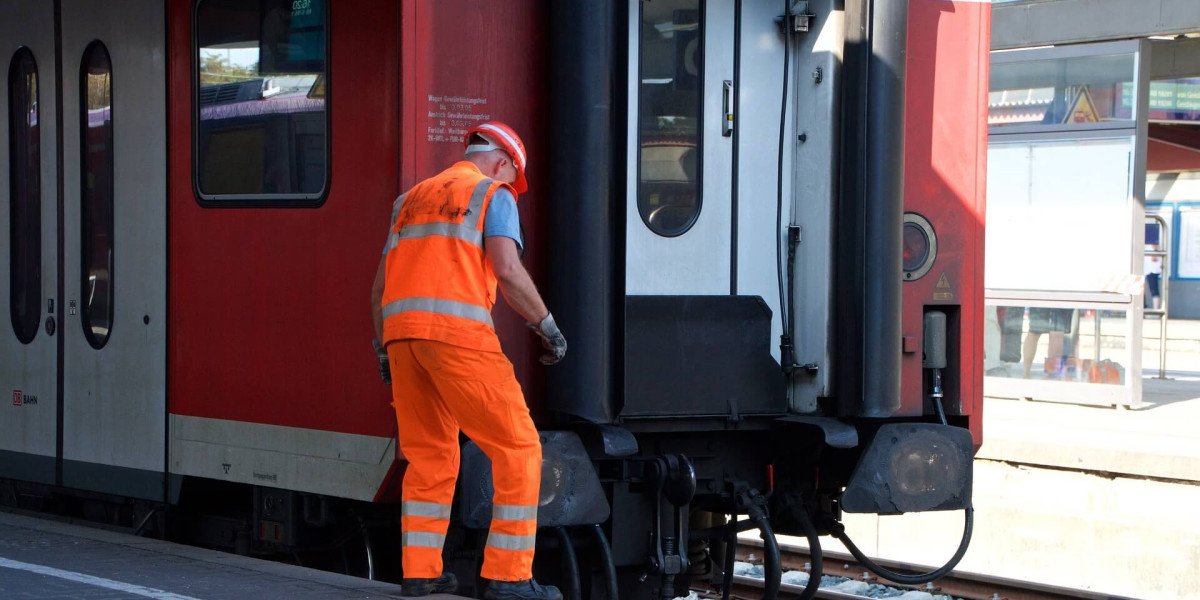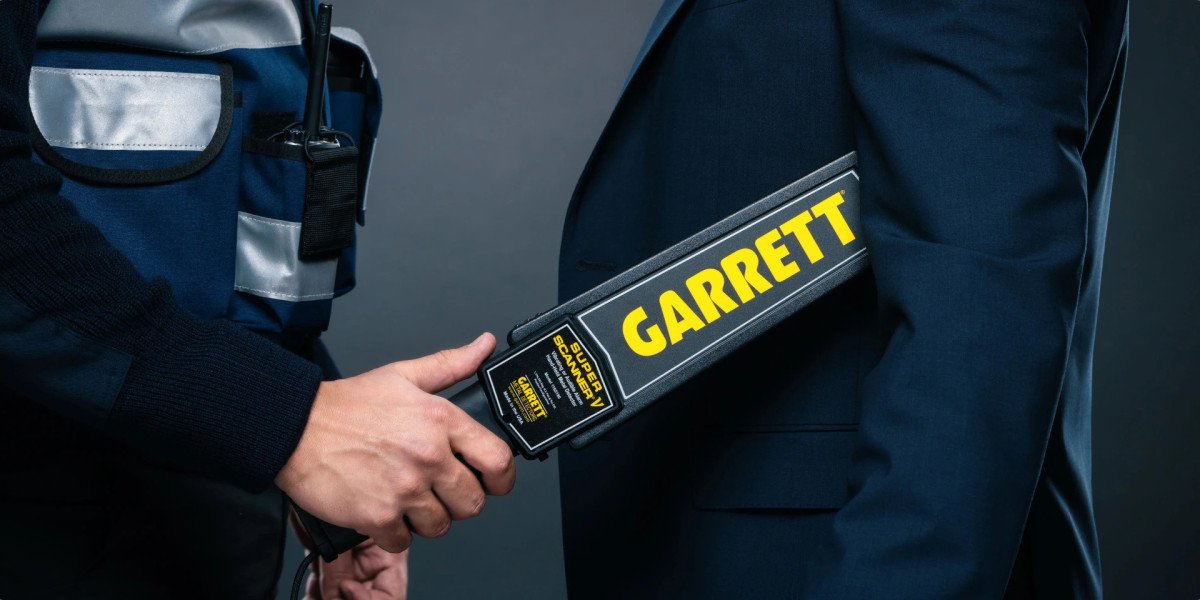In the realm of construction support equipment, a trusted Concrete Buggy Manufacturer can make a significant difference in productivity, job site efficiency, and operational safety for material transport crews.
Concrete buggies play a crucial role in moving heavy, wet materials like cement, gravel, sand, and other bulk mixtures. On fast-paced job sites where time and precision matter, these machines act as the bridge between mixing stations and pour zones, reducing manual labor and ensuring a steady workflow. Modern buggies have evolved far beyond the wheelbarrow. Their rugged tires, stable platforms, and enhanced maneuverability offer professional operators the advantage they need in both small-scale builds and large commercial projects.
One of the standout qualities of today’s gasoline-powered concrete buggies is their ability to maintain consistent traction on unstable ground. With 4x4 chain drive systems and high-clearance chassis, these machines handle inclines, muddy conditions, and rough terrain with ease. Whether operating in a residential backyard pour or a complex construction site foundation, contractors are finding that these machines offer the right balance of power and control.
Another area where innovation is driving performance is in user-centered design. Features such as ergonomic steering handles, intuitive throttle control, and stable suspension reduce operator fatigue. The ability to control speed and direction with precision also improves site safety, especially when navigating narrow spaces or transporting heavy loads.
Durability is a key concern for construction equipment buyers. Concrete, while essential, is extremely harsh on machinery. High-quality buggies are built from corrosion-resistant materials, reinforced steel frames, and sealed engine compartments to withstand the aggressive working environment. Moreover, accessibility to engine components and service points makes routine maintenance quicker, minimizing downtime and repair costs.
Fuel efficiency is also improving. Many gasoline-powered buggies now integrate improved carburetion and cooling systems that extend engine life and reduce emissions. This not only benefits the job site environment but also aligns with regulatory demands in urban and residential construction zones.
Choosing the right manufacturer is about more than just buying a machine—it’s about long-term reliability and partnership. Support, parts availability, and design improvements often stem from close feedback loops between users and manufacturers. When a company listens to operator needs and incorporates those insights into their products, it shows in machine performance and customer satisfaction.
Whether you’re managing a growing construction business or looking to replace outdated transport tools, investing in the right buggy could streamline your operations. To explore reliable gasoline-powered options and get expert recommendations, visit: www.minidumperfactory.com







